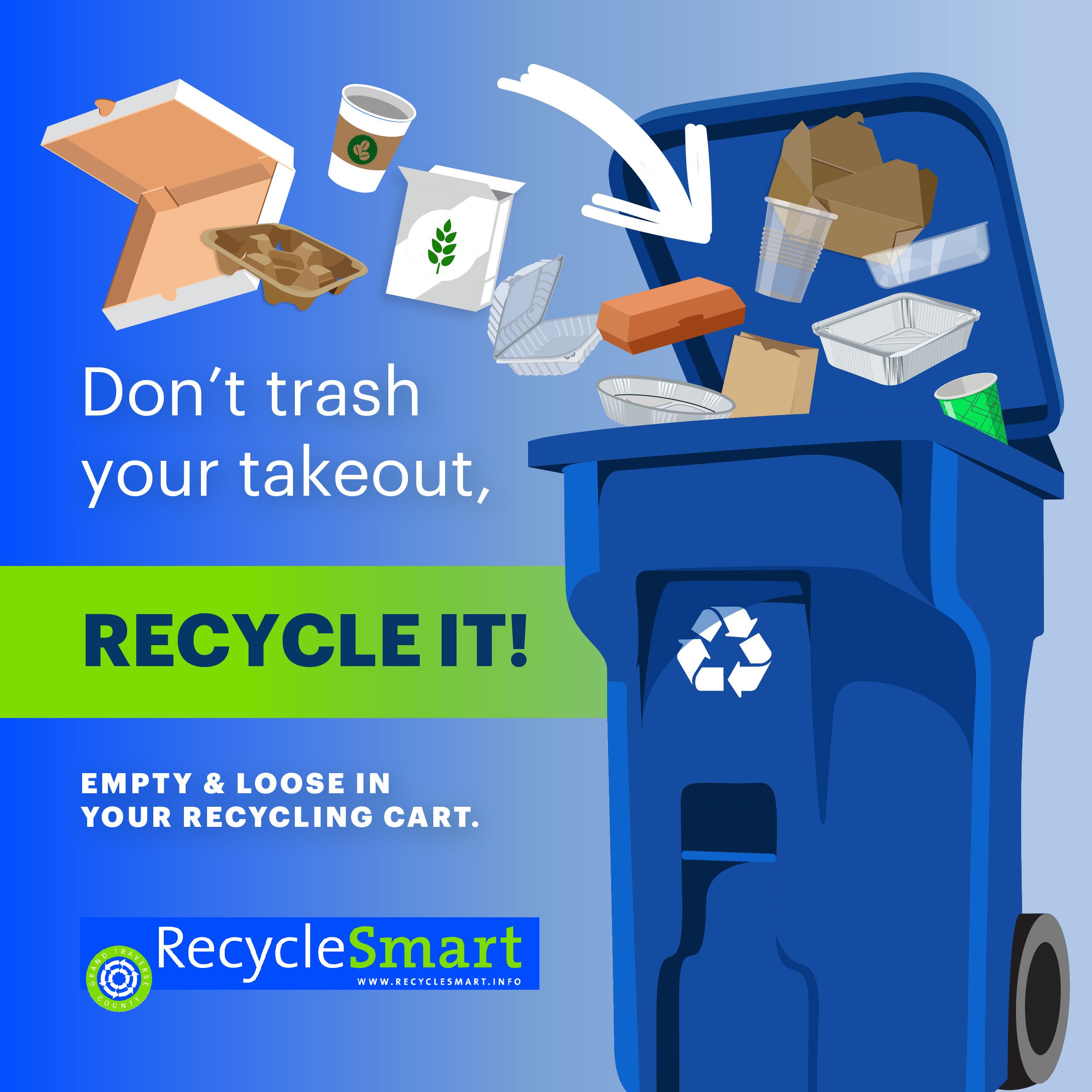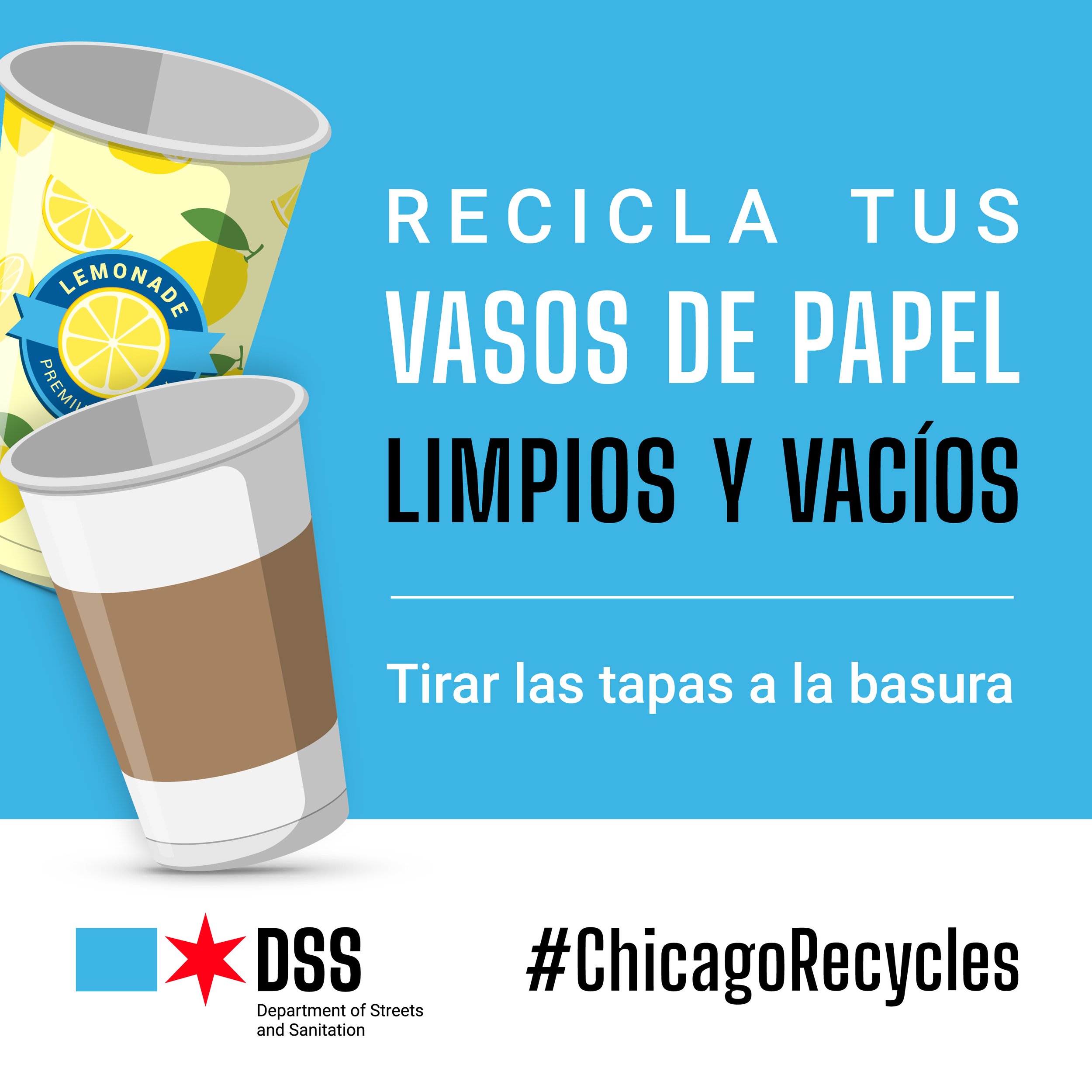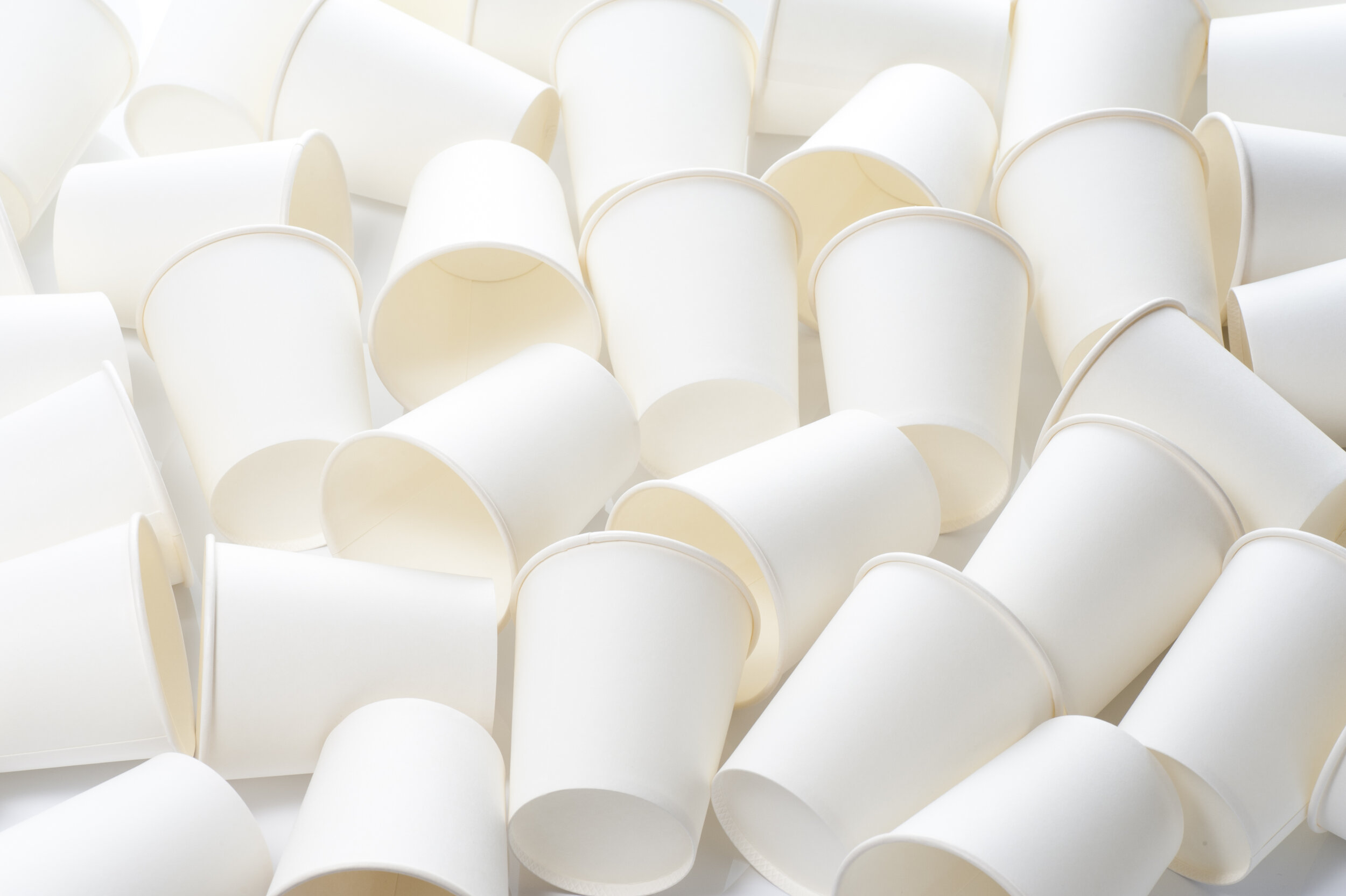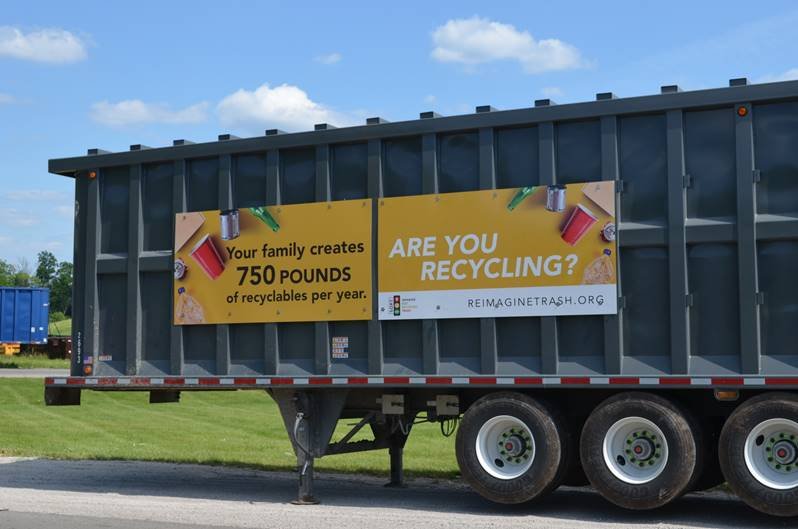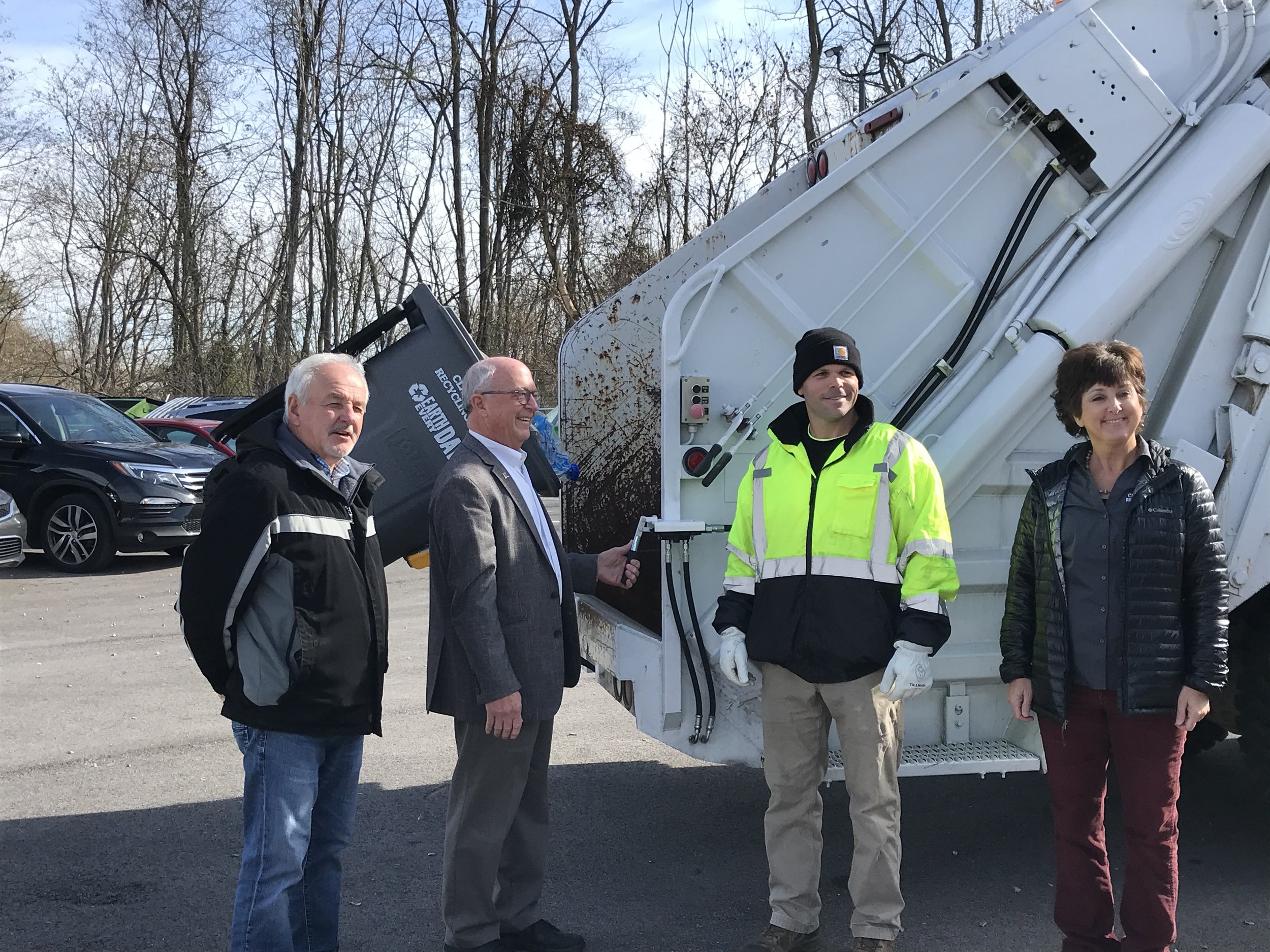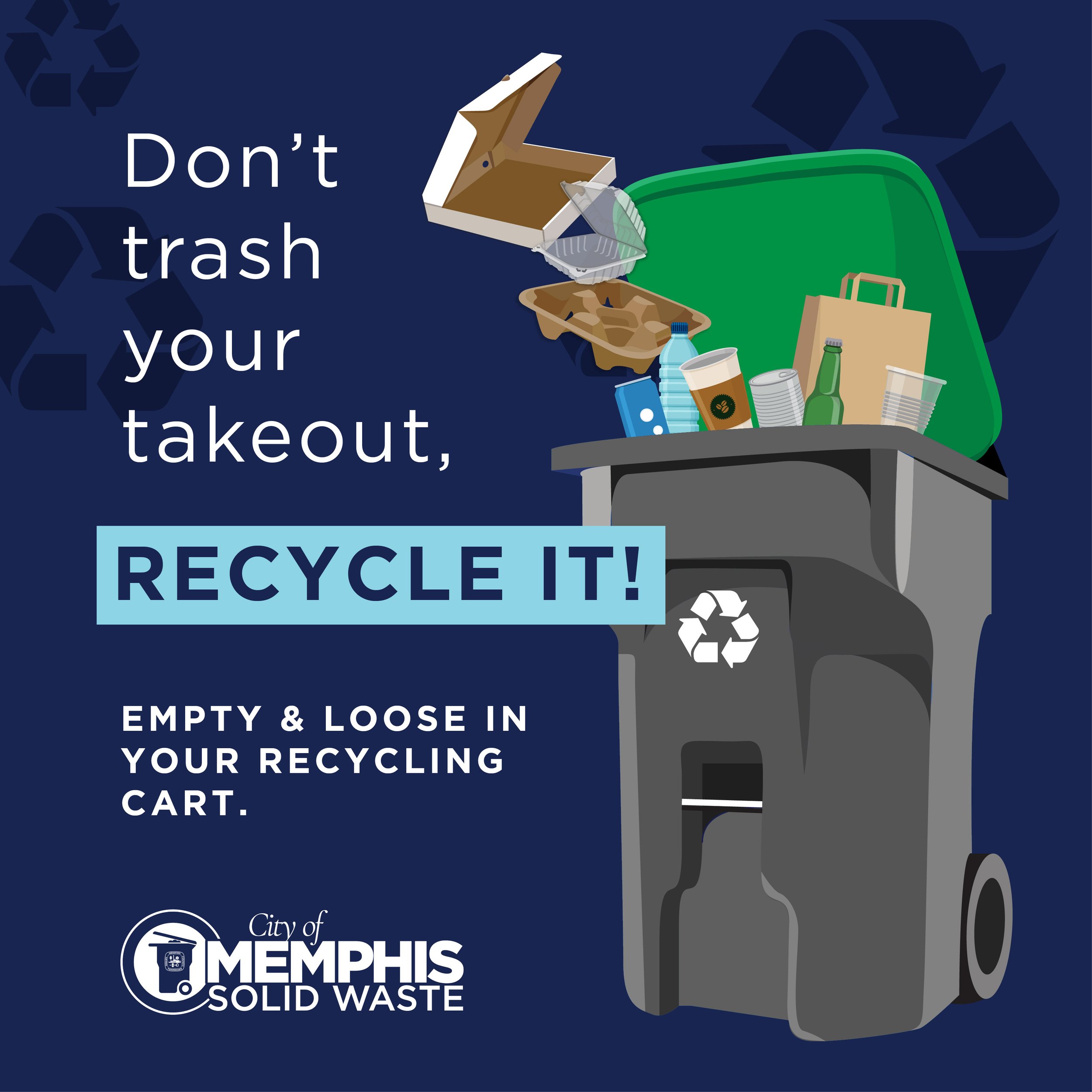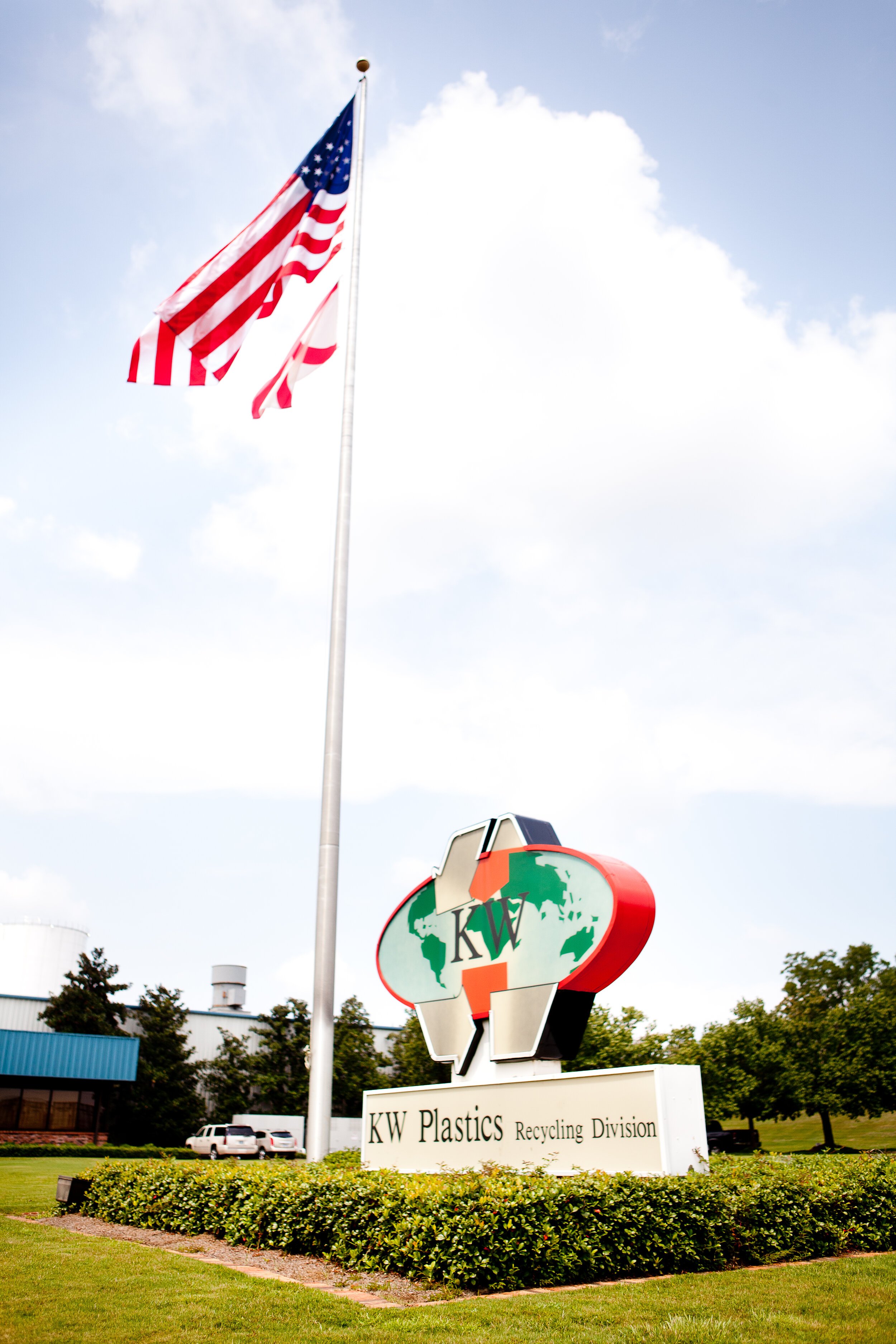Community Partnership | Louisville, KY
Background
With a population of over 600,000, Louisville is the largest city in Kentucky. Leading by example, Louisville has a goal of diverting 90 percent of solid waste from the landfill by 2042. Launching the first FPI Community Partnership was the first step to stay on track to increase its diversion.
The city’s recycling processor was key in the decision to accept foodservice packaging and worked with the city to expand the list of materials accepted. In 2015, QRS Recycling collected nearly 23 million pounds of recyclables for the city; with the expanded list of what is accepted and a strategic education campaign in the city’s program, Louisville eyes that 90 percent diversion goal.
Operational Planning
In October 2017, Louisville was selected to be a Community Partner by FPI. The city worked closely with its recycling processor (at the time, QRS; the MRF is now owned by WestRock) to determine that no significant operational changes would be needed from the start, as well as confirming the list of focused foodservice packaging materials. With the operational and recycling process information in hand, the city’s communication staff partnered with FPI to build an effective and informative educational campaign to residents.
Foodservice Packaging Materials Accepted
Paper cups*
Paper take-out clamshells/containers/trays
Paper bags
Pizza boxes
Molded fiber food packaging (carriers/containers/egg cartons)
Aluminum foil food packaging (containers/pans/trays)
PET cups
PET clamshells/containers/trays
Polypropylene cups
Polypropylene tubs/containers/tray
Rigid polystyrene cups
Rigid polystyrene clamshells/containers
*New items added during partnership
Challenges
One of the main concerns for the city is educating residents and increasing participation. With curbside recycling participation for Jefferson County in 2016 at only 31 percent, the city knew this partnership was an opportunity to increase promotional efforts and highlight the exciting new program expansions. The goals for the outreach effort were to gain more participation from Louisville residents and better educate those already participating. The success measures for these goals included increase in website traffic by 15 percent Nov 2017-Feb 2018, reach 10 percent more residents and increase cart requests by 10 percent.
Lessons Learned & Recommendations
Louisville’s focus was adding a strong communications component to ensure that residents only recycle clean and empty foodservice packaging materials.
The city’s goal for the educational effort was to inspire residents to engage in the new digital campaign and increase overall participation in the program. The digital campaign aimed to draw traffic to the city’s recycling page and social media accounts. Campaign tactics the city would focus on included reinvigorating the city’s recycling webpage with simple images of acceptable recyclables, developing a new residential outreach flier and banner mimicking the look of the digital advertising campaign and creating a consistent and clear recycling message to residents.
Results
By summer 2018, nearly eight months after the launch of the educational campaign, the city had exceeded its goals. The overall website traffic increased by 45 percent, while social media engagements increased by 234 percent. Cart and bin requests increased 33 percent, which indicated that more residents were actively engaged and wanted to participate in the updated recycling program.
Louisville also followed up the launch of the partnership with a waste sort to determine if the city’s communications efforts led to a significant change in behavior of residents when recycling foodservice packaging. The city performed a waste sort at WestRock in 2017, prior to the launch, and in early 2018, after the partnership launch. The sort results showed positive results for the city, with overall residue decreasing from 17% to 16%, with all additional foodservice packaging materials showing an increase in recovery. Fiber (including cardboard, mixed paper and newspaper) increased from 61% to 65%, paper and plastic cups and clamshells increased from 1.4% to 1.5%, and plastic film showed an overall decrease from 1.2% to 0.5%. These results showed Louisville their increased efforts made during the partnership resulted in positive gains in the materials they were wanting to recover.
Next Steps
The city plans to launch a refresh of their education campaign in 2019 with a variety of initiatives going forward such as the launch of a FPI Community Partner recycling education video, and a series of digital ad directing traffic to their Recycle Coach app and acceptable to-go cups and containers.
- February 2019


